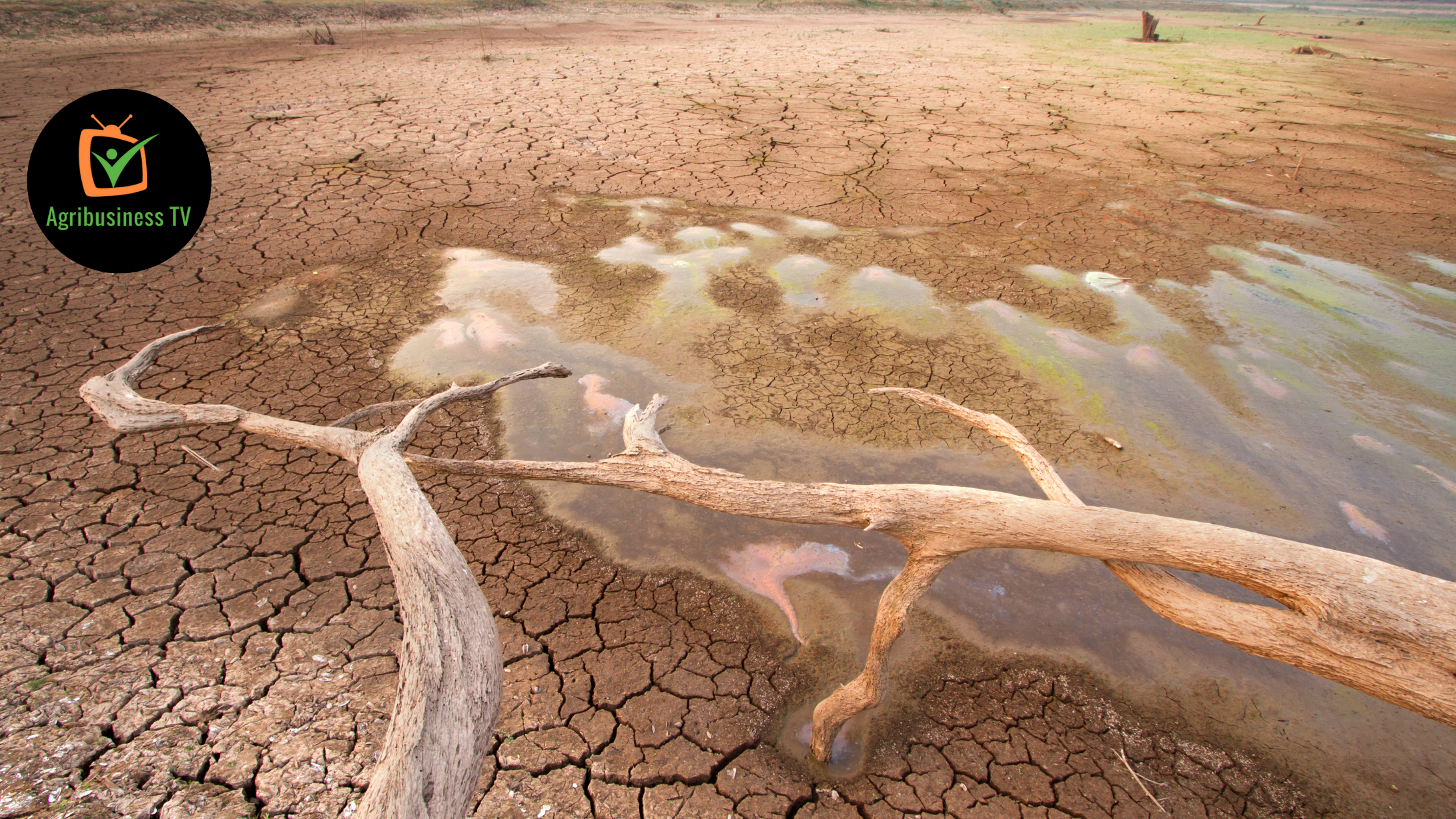
The Economic Community of West African States (ECOWAS) is leading action against climate change. In the lines that follow, discover how the sub-regional organisation intends to make its contribution in the mitigation and adaptation in the face of this planetary phenomenon with a thousand and one consequences.
After wars and economic shocks, climate scientists agree that climate change is the third leading cause of hunger in the world. And according to the 2018 UN State of Food Security and Nutrition in the World report, by 2030, more than 800 million people around the world will suffer from hunger. West African countries, which emit just under 2% of the world’s greenhouse gases, are already suffering the heavy consequences of climate change: floods, drought, famine, etc. It is urgent to take the climatic bull by the horns.
“There is no time to waste in responding to the climate emergency, and this cannot be done without the action of all, in a spirit of solidarity and responsibility”, this is the call to action by Sékou SANGARE, Commissioner of Agriculture, Environment and Water Resources of ECOWAS. Let’s turn to the 26th annual UN climate conference, scheduled to be held this year in Glasgow from 1st to 12th November 2021.
“The ECOWAS Commission is therefore associated with this collective mobilisation by supporting the efforts of its Member States within the framework of its mission and its attribution powers”, such is the message of the press release of the President of the Commission of ECOWAS, Jean Claude KASSI BROU in relation to this climatic meeting.
As a prelude to this important international forum for climate change negotiations, the member countries of this common space are developing a regional strategy that will, among other things, mobilise financial resources to fight poverty and food insecurity.
Speaking of food, it should be noted that in West Africa, agriculture contributes about 30% of total greenhouse gas emissions. But fortunately, agriculture is not only the culprit, it is also an important mitigation and adaptation solution. Agro-ecology, for example, which makes it possible to have soils better suited to various stresses and disasters, is a preferred response. It should be emphasised that ECOWAS is making efforts to support the populations in dealing with the scourge effectively. To do this, in November 2020, it launched the project “Promotion of Climate-Smart Agriculture in West Africa”, in order to reduce the harmful effects of climate change.
Hadepté DA, Multimedia Journalist at Agribusiness TV.
